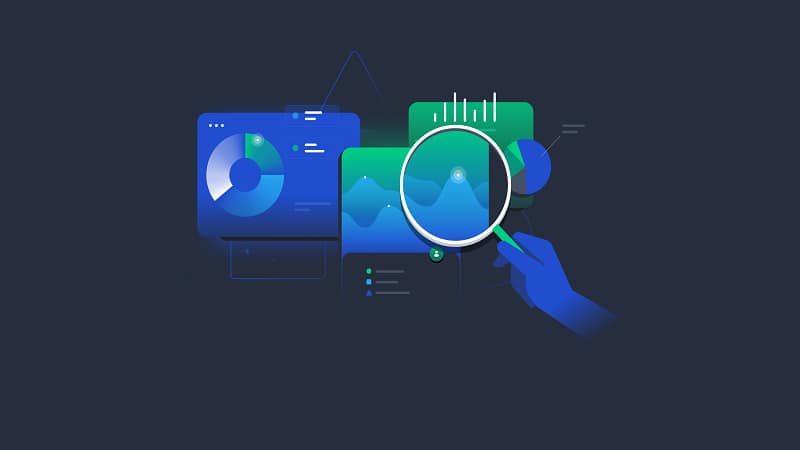
Big data is changing how businesses operate, and the gaming industry is no exception. With millions of players worldwide, game developers have leveraged big data to understand their players' behavior and preferences better.
Game developers are now improving their games and providing a more personalized experience for players thanks to the analysis of large amounts of data that is generated from gameplay. In this article, we will look into how big data is influencing game developers to create better games and improve the overall gaming experience.
What Is Big Data, and Why Is It Important for Game Developers?
Big data refers to the substantial amount of data produced by businesses and organizations. This data is then stored in a specialized data management system called a data lake. Big data is important for game developers because they can use it to improve gameplay. Here are some of the most notable benefits of big data:
Creating Personalized Gaming Experiences

By analyzing players’ data, game developers can offer customized content and recommendations to individual players based on their interests, playing habits, and skill levels. Developers can improve gameplay, graphics, and other elements by understanding how players interact with the game. This personalized experience increases player retention and satisfaction, which in turn generates higher revenue for the game developers.
Better Targeting of Marketing Campaigns
Big data analysis allows developers to identify key demographics and create targeted marketing campaigns that appeal to specific groups of players. Additionally, they can use big data to track the effectiveness of their marketing campaigns and adjust their strategies in real-time to maximize their impact.
You can also take advantage of big data analysis by visiting online casino reviews. This site has analyzed many casinos over the years, and they can help you find the perfect online casino games that meet your preferences.
Preventing Cheating
Boosting is a term gamers use to describe the attempt to increase one's gaming scores using unfair methods. This can include teaming up with a better player or intentionally losing the game to grant the other side a win. In such instances, machine learning can use big data collected to identify such cases through pattern tracking.
Developers can spot players who cheat to advance in the game by tracking player data, and they can take the necessary action to stop it. This helps to maintain the game's integrity and ensures a level playing field for all players.
Predictive Analytics

Game developers can leverage big data to gain insights into player behavior and preferences, which can help create more successful games. Some of the key aspects that developers can learn about using big data include:
- Demographics: By analyzing data such as age, gender, location, and occupation, developers can gain a better understanding of their target audience.
- Likes and dislikes: Big data can be used to identify players' interests and preferences, including the types of games they enjoy playing and their preferred game mechanics.
- Play duration: By tracking how long players engage with a game, developers can identify the ideal length for different game modes and optimize the gameplay experience accordingly.
- Time of day: Big data can help developers determine the best time of day to launch new games or updates based on when players are most active.
- Difficulty levels: Developers can track which parts of a game that players find too difficult and make them easier through later updates.
Conclusion
Big data is transforming the gaming industry by providing developers with valuable insights into players' behavior and preferences. Going forward, it is expected that the developers who continue to leverage big data and use the information to build better games will always stay ahead of the curve.










